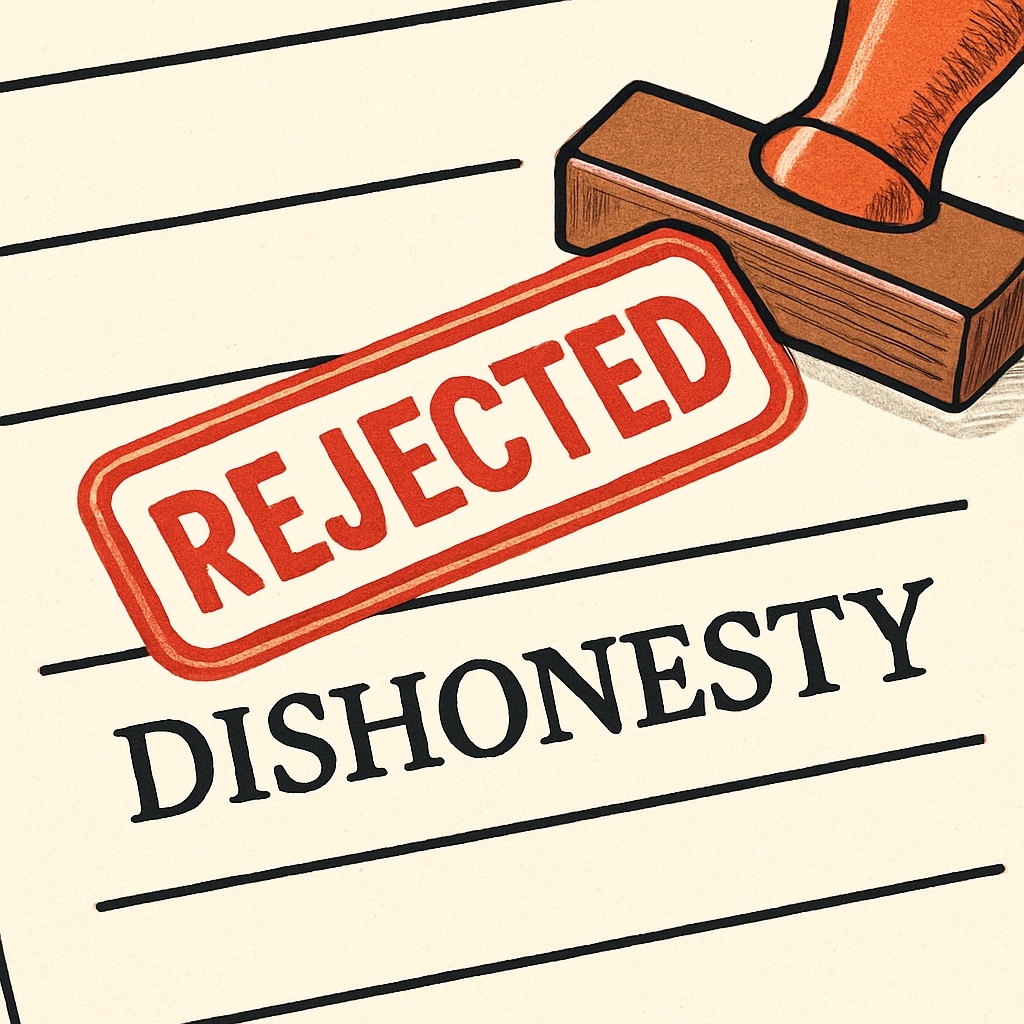College applications, false information, and consequences are topics every student should understand deeply. Submitting inaccurate details—whether exaggerating achievements, fabricating extracurriculars, or falsifying test scores—can trigger a chain reaction of professional and academic disasters.

Immediate Academic Repercussions
Universities employ sophisticated verification systems. The National Association for College Admission Counseling reports that 25% of colleges audit applications randomly, while 51% investigate suspicious claims. Common outcomes include:
- Revoked admission offers (even after enrollment)
- Loss of scholarships/financial aid
- Academic probation or expulsion
For example, Harvard rescinded admissions for at least 10 students in 2017 due to offensive social media posts—demonstrating how institutions scrutinize all applicant information.
Long-Term Career Damage
Beyond academic penalties, dishonesty creates professional landmines. Employers increasingly verify educational claims, with 53% uncovering lies on resumes according to a SHRM study. Consequences include:
- Termination when falsehoods surface later
- Permanent damage to professional reputation
- Legal action for fraudulent credentials

Ethical Alternatives to Enhance Applications
Instead of fabricating achievements, students can:
- Highlight authentic growth: Discuss challenges overcome
- Showcase transferable skills: Even minor activities demonstrate responsibility
- Obtain strong recommendation letters: Teachers can validate real accomplishments
The Ethics & Compliance Initiative provides frameworks for ethical decision-making in academic contexts.
Key takeaway: While competition is intense, the risks of dishonesty far outweigh any perceived benefits. Building genuine qualifications creates sustainable success.


